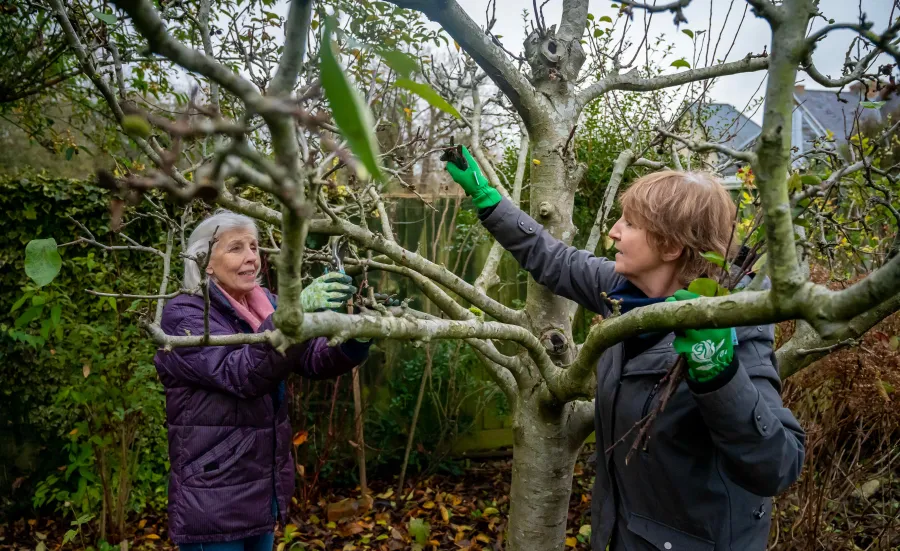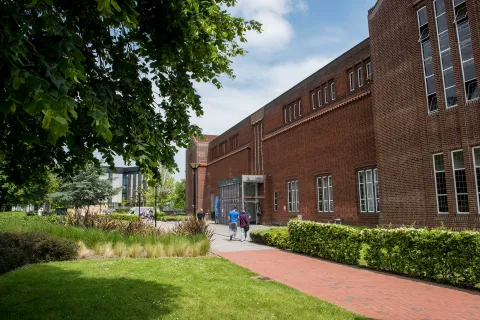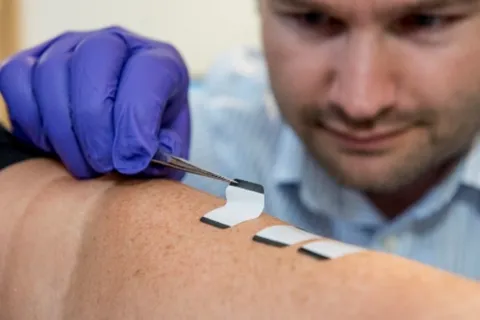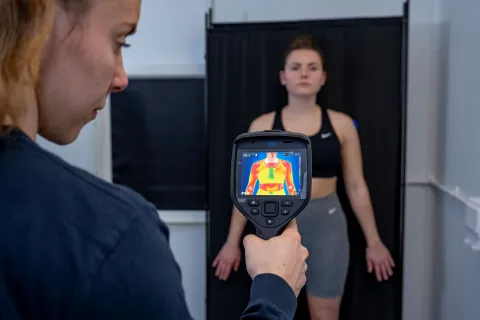Gerontology

Join our community of gerontology researchers, and help us contribute to a better understanding of the experience of ageing amongst different groups and societies.

Join our community of gerontology researchers, and help us contribute to a better understanding of the experience of ageing amongst different groups and societies.

Become part of our work to find the best strategies for improving the quality of life of older people. We bringing together academics and postgraduate students to work on some of the most important issues facing us in the 21st century. As a multidisciplinary research centre, we examine issues in ageing and the life course, informing policy and debate at the local, national and global level.
We offer 2 programmes: the PhD Gerontology and the integrated PhD Gerontology.
The PhD in gerontology usually take 3 years of full-time study, or 6 years part-time. Students on this programme need to have completed a postgraduate programme in gerontology or related social science discipline with a significant element of research methods training.
The full-time integrated PhD in gerontology takes around 4 years, and is made up of 9 months of taught modules, followed by a 3-month transitional project. You will then study the research element of the programme for the remaining 3 years. The part-time version of the programme normally takes 7 years. We recommend that applicants without a postgraduate programme take the integrated PhD.
Our research areas include:
You can either apply for a structured studentship or propose your own PhD idea.
Taking a structured PhD will give you access to additional training, conferences and secondments.
The ESRC SCDTP offers funded research degrees through a 1+3.5 (MSc Gerontology + PhD Gerontology) or +3.5 (PhD Gerontology) or +4.5 (Integrated PhD Gerontology) route. These include additional training in research methods and skills. You will propose your own research project idea in the area of ageing and gerontology.
These studentships:
See the ESRC South Coast Doctoral Training Partnership (SCDTP) website for more information.
We offer scholarships and teaching bursaries ourselves. Your potential supervisor can guide you on what is available.
If you’re an international student you may be able to apply for a scholarship from your country.
Find out more about scholarships
Once you've found a supervisor, they can help you with potential funding sources. We offer match funding in some cases.
You'll need to state how you intend to pay for your tuition fees when you submit your application.
Find out more about funding your PhD
You may be able to fund your postgraduate research with funding from your current employer or from industry.
You can borrow up to £30,301 for a PhD starting on or after 1 August 2025. Doctoral loans are not means tested and you can decide how much you want to borrow.
Find out about PhD loans on GOV.UK
You may be able to win funding from one or more charities to help fund your PhD.
The fees are the same whether or not you're studying through distance learning
| Subject | UK fees | International fees |
|---|---|---|
| Gerontology PhD full-time | £5,238 | £20,100 |
| Gerontology PhD part-time | £2,503 | £9,810 |
| Gerontology Integrated PhD full-time | £5,238 | £20,100 |
| Gerontology Integrated PhD part-time | £2,619 | £10,050 |
| Gerontology by Distance Learning full-time | £5,238 | £20,100 |
| Gerontology by Distance Learning part-time | £2,619 | £10,050 |
| Subject | UK fees | International fees |
|---|---|---|
| Gerontology PhD full-time | £5,006 | £19,620 |
| Gerontology PhD part-time | £2,503 | £9,810 |
| Gerontology Integrated PhD full-time | £5,006 | £19,620 |
| Gerontology Integrated PhD part-time | £2,503 | £9,810 |
| Gerontology by Distance Learning full-time | £5,006 | £19,620 |
| Gerontology by Distance Learning part-time | £2,503 | £9,810 |
| Subject | UK fees | International fees |
|---|---|---|
| Gerontology PhD full-time | £4,786 | £19,200 |
| Gerontology PhD part-time | £2,393 | £9,600 |
| Gerontology Integrated PhD full-time | £4,786 | £19,200 |
| Gerontology Integrated PhD part-time | £2,393 | £9,600 |
Access full fee information from previous years.
You're eligible for a 10% alumni discount on a self-funded PhD if you're a current student or graduate from the University of Southampton. This will not apply for programmes that are externally funded. Please check the fees and funding section.
Decide whether to apply to an advertised research project or create your own proposal.
You’ll need to send us:
The application process is the same whether you're applying for a funded project, or have created a research proposal.



We welcome applications from students holding, or expecting to hold, a master's degree in a relevant discipline or from those with equivalent experience or qualifications.
If you don't have an ESRC-recognised research training master's degree, we will ask you to complete appropriate research training to a similar level.
If English is not your first language, you'll need an IELTS minimum level of 6.5 with a 6.5 in writing, reading, speaking and listening.
Your awarded certificate needs to be dated within the last 2 years.
If you need further English language tuition before starting your degree, you can apply for one of our pre-sessional English language courses.
Check the specific entry requirements listed on the project you’re interested in before you apply.
Research degrees have a minimum and maximum duration, known as the candidature. Your candidature ends when you submit your thesis.
Most candidatures are longer than the minimum period.
| Degree type | Duration (full time) | Duration (part time) |
| Gerontology PhD | 2 to 4 years | 3 to 7 years |
| Gerontology iPhD | 4 to 5 years | Up to 8 years |